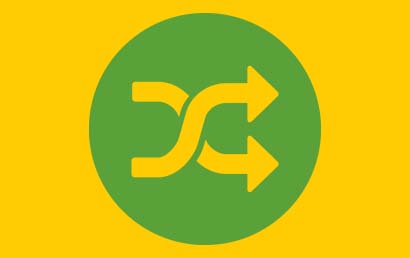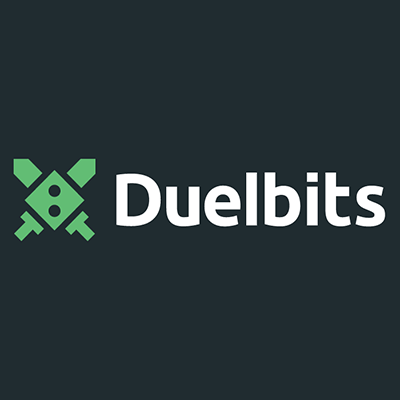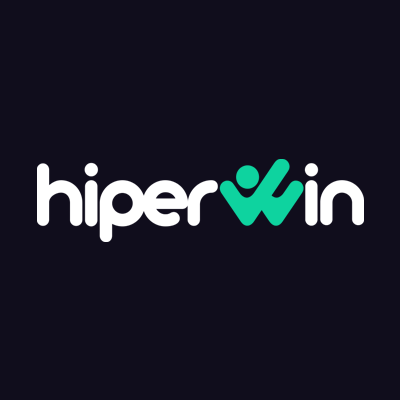As regulated online gambling increases, social media ad opportunities have decreased. Join us to learn why this is happening and how it benefits the industry.
In the early days of online gambling , especially with the boom of social media , there were very few controls in place when it came to what you could say or advertise.
This created a virtual sandbox where highly desirable but mostly unregulated sectors like online gambling were free to do as they pleased with very few restrictions.
Over the last few years, we have seen that the social media and digital marketing sector has begun maturing alongside the online casino industry. As these markets mature in parallel, online casinos gain more access to players through above-the-line (ATL) channels while social media advertising is being throttled.
Changing the legal landscape opens doors
Many earlier restrictions have been lifted with online casinos' worldwide licensing and regulation . Gambling sites with only the Wild West of social media, grey hat SEO, and email marketing to reach customers can now use more reputable channels .
This means that licensed casinos can now engage with ATL services like local television channels, run radio ads, add promotional content to popular print publications, and, in some countries, sponsor events and public venues.
Regulation has been a boon to traditional media providers losing ground to digital channels like YouTube, Netflix, and other online-only platforms.
Compliance and responsible gambling come first
While legal online gambling has been seen as the proverbial ‘keys to the kingdom’ when it came to expanding operator’s bonuses & promotions and the ability to engage with players , it did come with the added pressure of government scrutiny.
With ready access to online casinos, competition for attention became fierce, leading regulators to review how casino bonuses were presented to potential players.
Not only that, but concerns were raised over the terms and conditions of the offers, leading to the discovery of what we now call ‘predatory bonus terms’ aimed at fooling players into claiming offers that held very little chance of them withdrawing any winnings.
The need for gambling compliance even led the UK to ban any imagery that would appeal to younger audiences from appearing in casino promotions. They were so stringent on this point that Royal Panda Casino dropped its CGI panda mascot and redesigned its logo to adhere to UKGC requirements.
Promoting ethical standards
There is a growing awareness of responsible gambling practices and the need to be a significant advertising channel, prompting social media platforms to vet and regulate the ads they allow carefully.
The primary concern when it comes to online gambling advertising, both for social sites and the various gambling authorities, is the protection of at-risk individuals.
The two most vulnerable groups here are compulsive gamblers and the youth:
Compulsive adult gamblers : Gambling authorities, safer gambling organisations, and online casinos put a lot of time, effort and money into developing and promoting safer gambling tools like self-exclusion programs . Since social media ads do not tie into these systems , a player who has self-excluded is likely to be served gambling offers due to the accounts they follow and how the marketing algorithms function. Unwittingly exposing such a vulnerable person to an ad served to the broader community could undermine their efforts to get well and deal with their habits.Inadvertently advertising to youth : With gambling sites having worked with celebrities, video game streamers, and high-profile sports teams, there is a very high likelihood of a person under the age of 18 being exposed to advertising featuring slots , table games , live dealer games and a variety of bonus offers like free spins while scrolling through untargeted social media ads.
As social media platforms aim to position themselves as safe and user-friendly environment, they have to address the ethical implications of unrestricted gambling advertisements .
This desire to play an appropriate role in a legal gambling marketplace and the need to protect at-risk individuals from seeing unsolicited ads has resulted in the recent restrictions we have seen online.






.png)
























.svg)
.svg)
.svg)